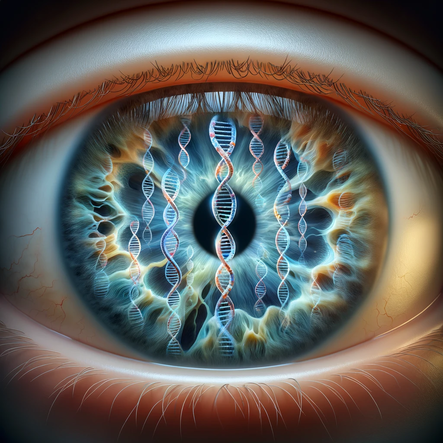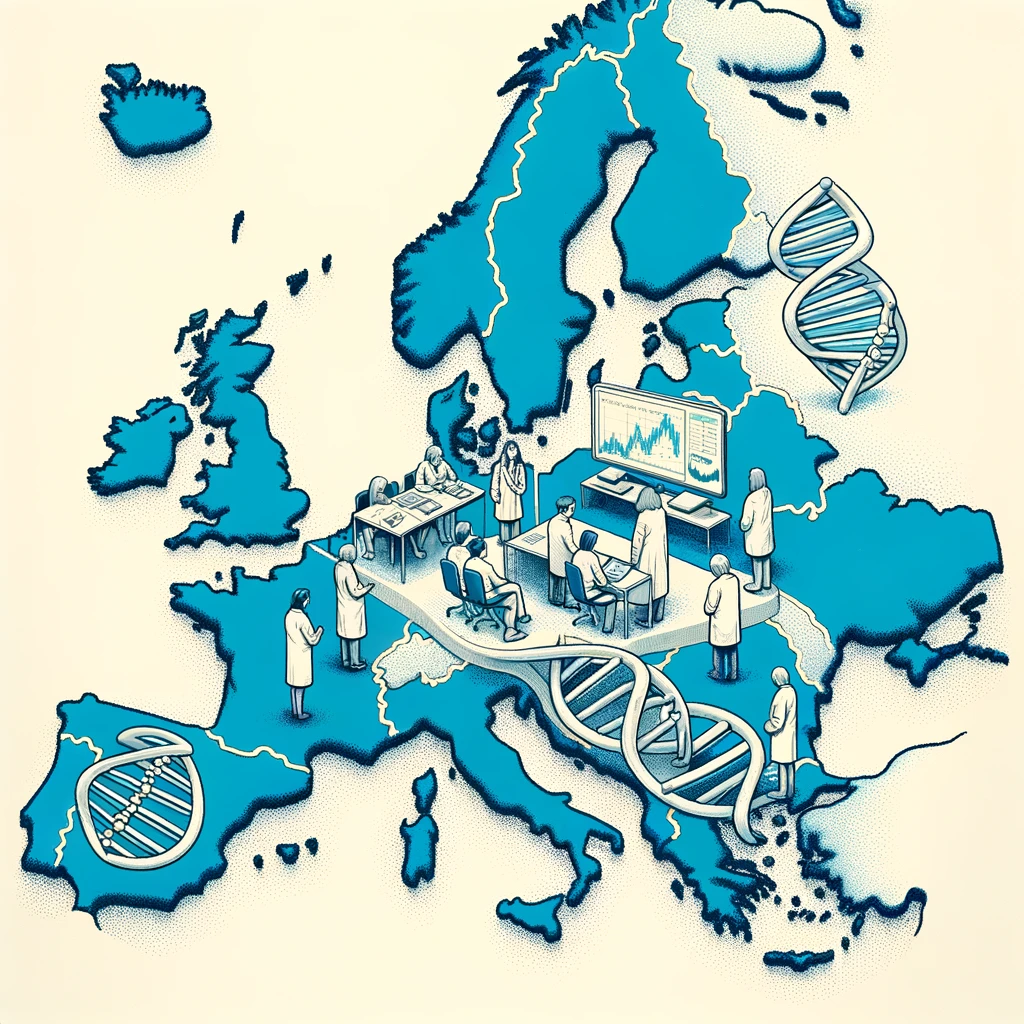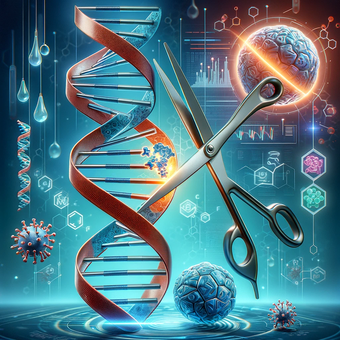RECRUITMENT OF A DOCTORAL CANDIDATE AT TIGEM IS OPEN FOR APPLICATIONS UNTIL MAY 26, 2024
Context
Inherited retinal diseases (IRD) represent a major cause of blindness, affecting 350,000 people in Europe. IRD have long been considered incurable, however major advances have led to groundbreaking new treatments. Today, the most important challenges in the IRD field relate to an unsolved genetic diagnosis, unknown disease mechanisms and gene therapy development for autosomal dominant IRD (adIRD), representing 25–40% of all IRD cases.
ProgRET will create a multidisciplinary and intersectoral European training network focusing on the mechanisms, diagnosis and therapy of dominantly IRD. |
Training a new generation of vision researchers specialising in inherited retinal diseases (IRD)
About us
ProgRET consists of ten partners and five associate partners, representing a total of thirteen European knowledge institutes, patient-led organisations and companies. Furthermore, the consortium is assisted by three scientific advisors. Each of the partners will contribute to the research goals set by the consortium through the work of the doctoral candidate they employ. The partners and their doctoral candidates will engage in periodical meetings between all members of ProgRET. The doctoral candidates will disseminate their work at scientific meetings, as part of the larger doctoral training program they are enrolled in. Finally, our multidisciplinary network offers a unique opportunity to accelerate the understanding, diagnostics and therapeutics for adIRD in Europe, and to translate research findings to healthcare and society.
|
Our goals
We have demonstrated an emerging role for splicing factors, structural variants and non-coding defects in patients with adIRD, and developed novel disease models and gene therapies for adIRD. ProgRET aims to dissect adIRD mechanisms using retinal stem cell and aquatic animal models, to advance adIRD diagnostics using a single-molecule multi-omics framework, and to develop innovative treatments based on RNA therapy and CRISPR-genome editing. These challenges will be tackled by integrating unique expertise and cutting-edge technology within ProgRET, including (multi-)omics, bioinformatics, functional genomics, RNA biology, gene regulation, stem cell technology, retinal organoids, animal models, genome editing and gene therapy.
We will pursue the following specific research objectives: WP1. To understand mechanisms of adIRD using retinal stem cell and aquatic animal models; WP2. To advance diagnostics in adIRD using a single-molecule multi-omics framework; WP3. To develop novel therapeutics for adIRD using RNA therapy and genome editing. |









